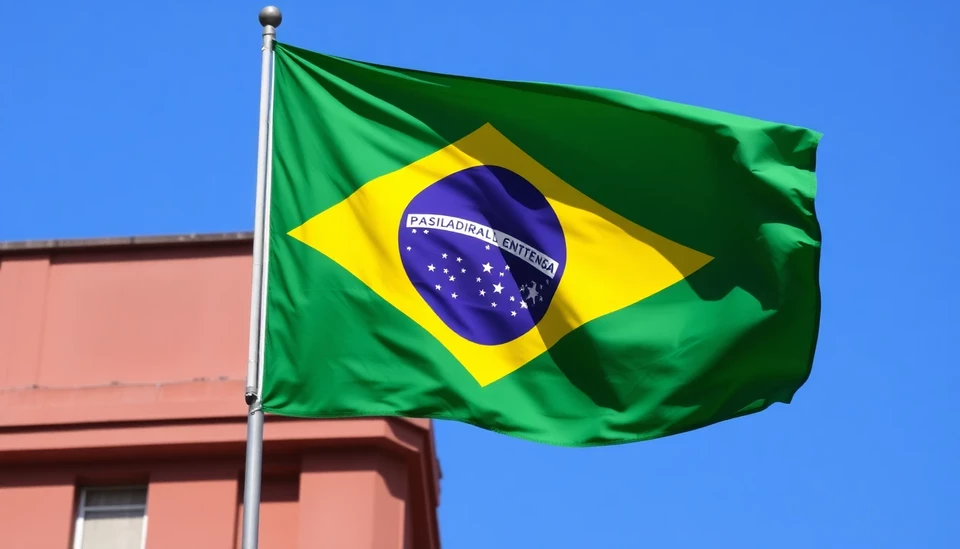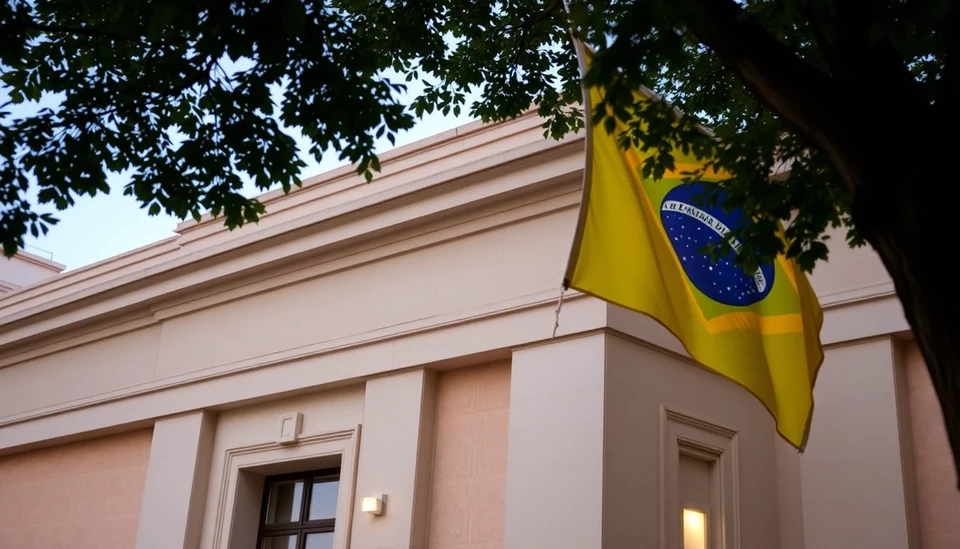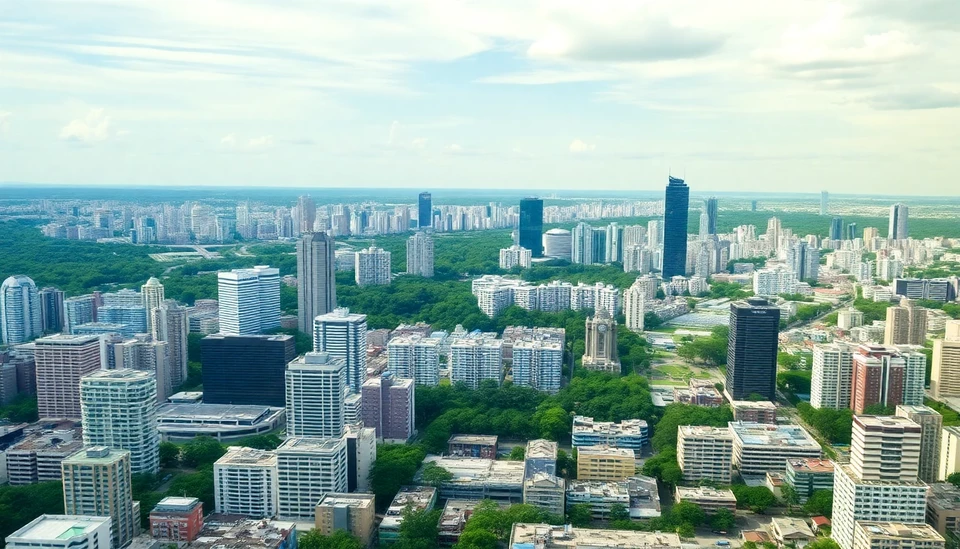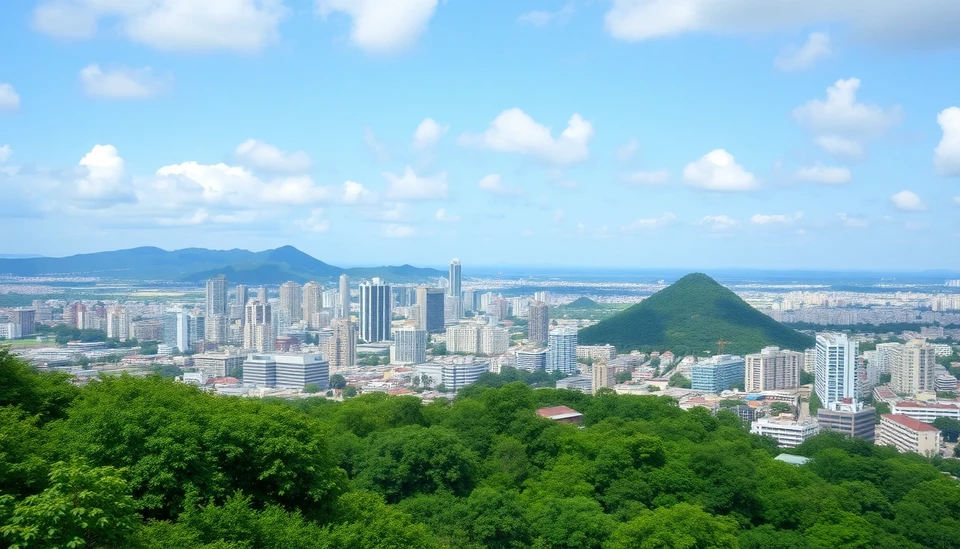
In a concerning economic development, Brazil has recorded its highest inflation rate in two years, bringing new challenges for policymakers and financial markets alike. With consumer prices soaring, there are growing uncertainties around the next steps for interest rates in the country.
According to the latest data from the Brazilian Institute of Geography and Statistics (IBGE), inflation for March 2025 climbed to 6.5% compared to the same month the previous year. This marks the steepest rise since April 2023, as rising costs for food, transportation, and energy continue to pressure household budgets.
Economists had predicted a milder increase, forecasting inflation to reach around 6.1%. However, the jump in prices has sparked worries that the Central Bank of Brazil might be forced to reevaluate its approach to interest rates, especially given the possibility of more aggressive rate hikes to combat the inflationary pressures.
The Central Bank has been maintaining a cautious stance, having already lifted interest rates to combat the inflation surge. Currently, the benchmark interest rate stands at 13.75%. Yet, as inflation continues to outpace expectations, the size and timing of potential rate hikes have become unclear. Analysts are now split on whether the central bank will deliver a significant increase in the next monetary policy meeting or opt for a more measured approach.
This uncertainty comes amid other economic challenges facing Brazil, including sluggish economic growth and political tensions that could further complicate the monetary policy landscape. Observers note that any drastic measures to rein in inflation could have ripple effects throughout the economy, potentially stifling growth while seeking to stabilize prices.
As the situation evolves, the Brazilian government will have to balance the delicate act of containing inflation while supporting economic recovery. The outcome of this struggle will have far-reaching consequences for the country’s financial health and the welfare of its citizens.
Investors are closely monitoring the situation, as Brazil's economic indicators are often viewed as a bellwether for broader trends in Latin America. The rising inflation may prompt market volatility, with many traders adjusting their positions in anticipation of the Central Bank's forthcoming actions.
In summary, Brazil is facing a critical juncture as inflation rates reach levels not seen for two years. As the nation grapples with the implications of this surge, the Central Bank’s next moves will be pivotal in shaping both current economic conditions and future forecasts.
For Brazil and its citizens, the path forward remains fraught with challenges as they brace for the impacts of a potentially shifting economic landscape.
#BrazilEconomy #InflationCrisis #InterestRates #CentralBank #EconomicPolicy #LatinAmerica #MarketTrends
Author: Daniel Foster




